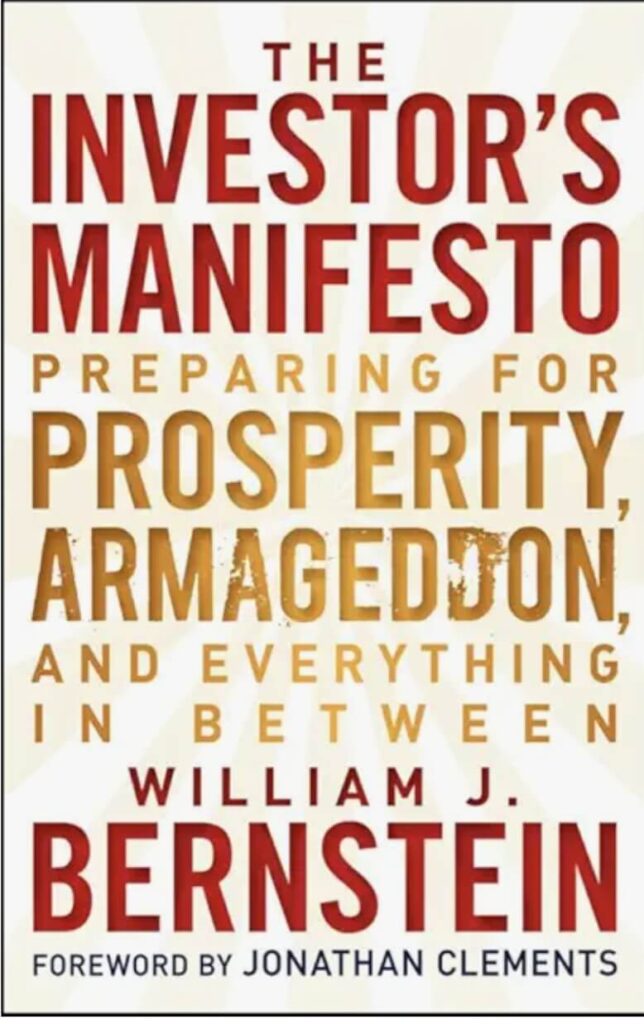If you think markets are always rational, transparent, and serve the public good — think again. In Phishing for Phools: The Economics of Manipulation and Deception, Nobel Prize-winning economists George Akerlof and Robert Shiller present a powerful, unsettling argument: in free markets, manipulation isn’t a bug — it’s a feature.
With their trademark blend of rigorous thinking and accessible storytelling, Akerlof and Shiller show how sellers don’t just compete to meet our needs — they compete to exploit our weaknesses. Whether it’s junk food, subprime mortgages, or social media addiction, they explain how businesses “phish” for “phools” — and why we often take the bait.
💡 Why This Book Matters — Especially Today
We live in a world where people are constantly bombarded by advertising, influencers, and finely tuned marketing. On the surface, this looks like choice and freedom. But Phishing for Phools reveals the darker side: our desires, biases, and insecurities are being targeted — and markets are designed to profit from that targeting.
The book argues that traditional economics paints too rosy a picture. It assumes people make informed, rational choices and that markets, in turn, serve those choices. But what if those “choices” are being manipulated?
In a consumer-driven economy, Akerlof and Shiller warn, it’s not enough to ask “What do people want?” We must also ask, “Why do they want it — and who benefits from that desire?”
🎣 What Is “Phishing for Phools”?
“Phishing” refers to tricking someone into making a bad decision. A “phool” is someone who falls for it — not because they’re stupid, but because they’re human.
In this book, phishing doesn’t just happen in spam emails or online scams. It’s everywhere. Any time a business benefits from manipulating your choices — through marketing, psychology, or misinformation — phishing is happening.
Key examples include:
⦁ Junk food and sugary drinks: These products thrive not because they’re good for us, but because they exploit our natural cravings.
⦁ Credit cards and payday loans: Financial firms profit by encouraging debt, knowing many people underestimate future costs.
⦁ Real estate and investment schemes: The 2008 crisis was fueled by narratives that “housing always goes up” — a classic phishing pitch.
⦁ Politics and media: The same tactics that sell us consumer goods are used to sell us ideas, often through emotional manipulation.
📚 The Book’s Structure: A Tour of Economic Deception
Rather than focus on a single sector, Phishing for Phools takes readers on a guided tour through the entire economy. Each chapter explores a different domain where phishing thrives:
⦁ The Market for Health: Why bad health choices are not just personal failures, but market outcomes.
⦁ The Market for Financial Products: How complex, risky products are sold to unsuspecting consumers.
⦁ The Media and Advertising: How narratives are constructed to shape opinions — often away from the truth.
⦁ Politics and Regulation: How the same phishing logic influences lobbying, legislation, and public discourse.
What ties it all together is a sobering conclusion: the same forces that make markets dynamic and innovative can also make them dangerous and deceptive.
🧠 Psychology Meets Economics
At the heart of Phishing for Phools is the insight that humans are not purely rational. We are emotional, social, and easily influenced. Behavioral economics — which Shiller helped pioneer — shows that we often make decisions based on cognitive biases, such as:
⦁ Anchoring: We give too much weight to the first number we hear (e.g., a “sale” price).
⦁ Loss aversion: We fear losses more than we value gains, which can lead to poor financial choices.
⦁ Framing effects: How a message is presented changes how we perceive it — even if the underlying facts are the same.
Akerlof and Shiller argue that markets don’t ignore these biases — they exploit them.
✅ Why This Book Is a Must-Read
⦁ It Explains Why “Free” Markets Can Go Wrong
The book pushes back against the idealized view that markets are self-correcting and always deliver good outcomes. It shows how profit incentives often encourage companies to mislead or manipulate — and how we, as consumers, are vulnerable.
⦁ It Makes You a More Skeptical (and Smarter) Consumer
After reading Phishing for Phools, you’ll see the world differently. You’ll recognize how products, ads, and narratives are designed not just to inform — but to influence and often deceive.
⦁ It Applies to Everything from Finance to Food to Facebook
This isn’t a narrow economics book. It’s a sweeping look at how manipulation pervades daily life — and how we can become more aware of it.
⚠️ Where It May Be Challenging
⦁ It’s Not a Traditional Economics Book
If you’re expecting models, equations, or charts, you won’t find them here. The arguments are qualitative, supported by case studies and historical anecdotes. Some economists may find it too light on data, but for general readers, it’s an engaging, story-driven read.
⦁ It Can Be Cynical
The book paints a fairly bleak picture of market behavior. While it calls for better awareness and smarter regulation, some readers may feel overwhelmed by just how systemic the manipulation seems.
💬 What Readers and Critics Say
⦁ “Eye-opening and timely” — Many readers praise the book’s relevance, especially in a world where misinformation is rampant.
⦁ “A necessary reality check” — It resonates with those disillusioned by financial crises and corporate scandals.
⦁ “Less academic, more conversational” — Some economists wished for more technical depth, but most appreciated its clarity and accessibility.
One reviewer put it simply: “This book tells you what you already feel, but now with proof: that the system isn’t broken by accident — it’s working as designed.”
📈 Final Verdict: ★★★★☆ (4.5/5)
Phishing for Phools is a sharp, sobering, and essential look at how markets can and do exploit human nature. It challenges the comforting assumption that informed choice leads to good outcomes — and shows that even in a free, competitive market, deception can be the norm.
This isn’t just a book about economics — it’s a book about life in the modern economy. From the food we eat to the media we consume, we are being “phished” every day. But awareness is the first line of defense.
If you want to understand how markets really work — and how to protect yourself from being manipulated — Phishing for Phools is your guide.




